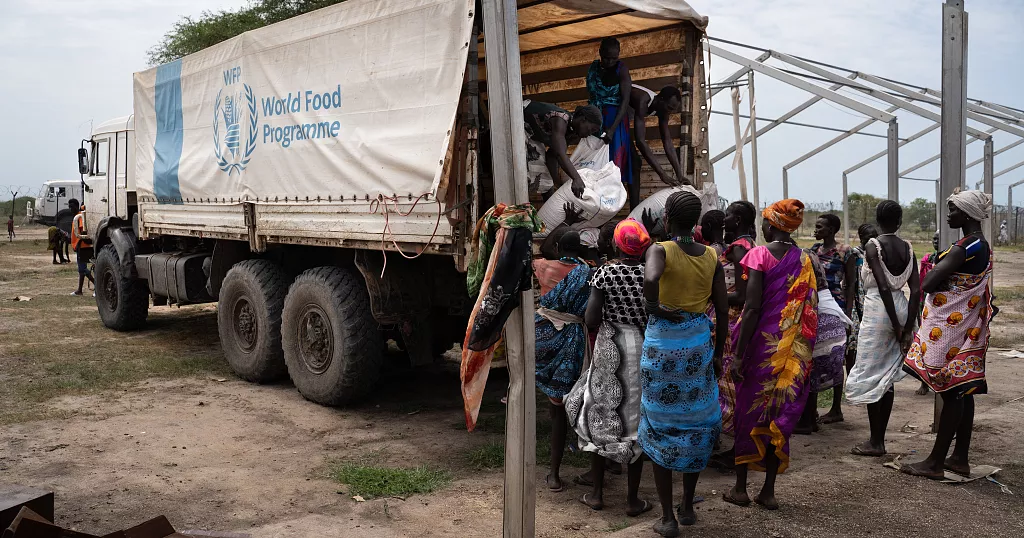The United Nations World Food Programme (WFP) has called for a temporary halt to operations providing life-saving food and cash assistance in Sudan, a country where a third of the population already struggles to get enough food to eat.
Before the conflict began on April 15, Sudan had a record number of hungry people.
WFP planned to support more than 7.6 million people in 2023, but due to the ongoing fighting, WFP is unable to deliver critical emergency food, provide school meals for children, or prevent and treat malnutrition.
WFP also cannot carry out its work to assist farmers in increasing agricultural productivity in a project aimed at more than doubling Sudan’s annual wheat production, nor can it assist people in rebuilding their livelihoods.
During the unrest, three WFP employees were killed, and two others were severely injured, while its staff, offices, vehicles, equipment, and food stocks were targeted.
The UN Humanitarian Air Service (UNHAS), which is managed on behalf of the international community by WFP, has been completely grounded. UNHAS flies to over 30 destinations in Sudan each year, carrying approximately 26,000 passengers and light humanitarian cargo. At Khartoum International Airport, one aircraft has been damaged beyond repair. In the meantime, at least ten vehicles and six food trucks have been confiscated.
WFP said its guesthouses, offices, and warehouses in Nyala, South Darfur, have been overrun and looted, with the loss of up to 4,000 metric tons of food for hungry people.
WFP, in a statement, called on all parties to the conflict to take immediate steps to guarantee the safety of humanitarian workers and to protect humanitarian assets and premises in Sudan.
“WFP urges all parties to put an end to the fighting and come to an agreement that enables the continued delivery of vital food and humanitarian assistance,” it said.
General Abdel Fattah Burhan, head of the armed forces, and General Mohammed Hamdan Dagalo, the leader of a paramilitary group known as the Rapid Support Forces that grew out of Darfur’s notorious Janjaweed militias, are each seeking to seize control of Sudan.
The fighting, which began as the country attempted to transition to democracy, has killed hundreds of people and left millions trapped in urban areas, sheltering from gunfire, explosions and looters.
The airports across the country have all been closed since the fighting began, and there is fighting in the streets.
Due to the intensity of the conflict, aid and supply cannot get go into the country, and many have fled to neighbouring countries like Chad.
Now, Chad has closed its border. So, if the situation does not change and humanitarian access is not granted by the fighting parties, there will likely be greater loss of life.











